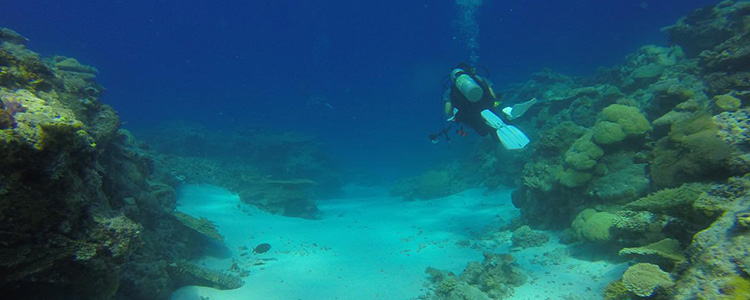 Sector: organizations for diving and marine conservation
Sector: organizations for diving and marine conservation

Diving schools and Snorkeling tour operators & NGOs for marine conservation


 Sector: organizations for diving and marine conservation
Sector: organizations for diving and marine conservation
Duikschool aan de Zuidkust van Kreta met uitgebreide duik- en snorkelmogelijkheden. Naast verschillende tours en cursussen kan je bij Dive2gether ook Masterclasses volgen om PADI instructeur te worden.
Rich Coast Diving is een door Nederlanders opgezette en beheerde duikschool in Costa Rica waar je kunt duiken en duikcursussen kunt volgen op alle niveau's. Onder de noemer 'marine conservation' kan je helpen bij diverse onderwater onderzoeksprojecten, met een focus op monitoren van aantallen en ver...

Add new contribution